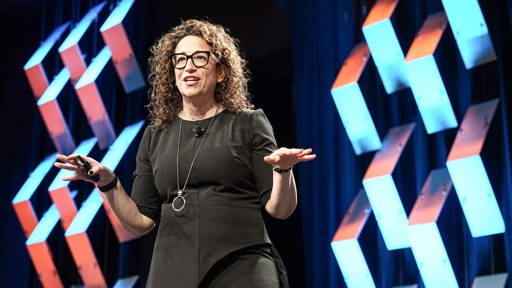For him however, it was not as easy for him to share his medical cases and content. And with the help of his newfound connections he created a mobile app for case storage. The next step would be to create a network for sharing medical studies and cases for physicians worldwide. And together with Nimmi Cherian and Priyank Choubey, he founded a Bangalore-based network for doctors, called DailyRounds.
There are 250,000 physicians on the network at the moment. 45,000 joined last year. Every day 500 to 600 doctors join the platform. It is primarily used by doctors from India, Southeast Asia (Indonesia in particular), Africa, and the Middle East. They received an undisclosed amount of funding led by Accel Partners. Beenext, Powerhouse Ventures, and Japan-based Akusa Holdings also participated.
Deepu explaines that expanding resources within different healthcare specialties and expansion geographically are the two logical next steps for DailyRounds. The app competes with US healthcare professional network Doximity, Sermo and Figure 1, an app-based medical case posting network.
“If you’re building a product for doctors, like appointment booking, maybe a doctor who can consult you once in a while is good enough,” says Deepu. “But suppose you’re building an EHR (electronic health record). A very superficial relationship should not be enough. You need real doctors working with the team on a daily basis.”
Is there a doctor on the web?
Doctors and medical student can sign up and go through a verification process. When it first launched in 2014 it started as a kind of “Github for doctors” (Github is a website where developers work in groups developing software). Since then it turned more into a clinical tool. “If you’re a doctor in India and you want to know how to treat a snake bite or tuberculosis, treatments are different across the world,” explains Deepu. DailyRounds has drug databases and management and treatment protocols. Doctors can look to these ‘point of care’ references as a start.There are 250,000 physicians on the network at the moment. 45,000 joined last year. Every day 500 to 600 doctors join the platform. It is primarily used by doctors from India, Southeast Asia (Indonesia in particular), Africa, and the Middle East. They received an undisclosed amount of funding led by Accel Partners. Beenext, Powerhouse Ventures, and Japan-based Akusa Holdings also participated.
Deepu explaines that expanding resources within different healthcare specialties and expansion geographically are the two logical next steps for DailyRounds. The app competes with US healthcare professional network Doximity, Sermo and Figure 1, an app-based medical case posting network.
Superficial relationship
DailyRounds’ staff consists of 31 people, nine of which, inclusing Deepu are doctors. Doctors invest a lot of time and money into getting their degrees. Getting them to leave their hospitals or clinical practices to cross over into tech is very difficult. “The hardest part of our job is keeping doctors on the team, but having them involved in healthtech is essential to make progress.”“If you’re building a product for doctors, like appointment booking, maybe a doctor who can consult you once in a while is good enough,” says Deepu. “But suppose you’re building an EHR (electronic health record). A very superficial relationship should not be enough. You need real doctors working with the team on a daily basis.”








